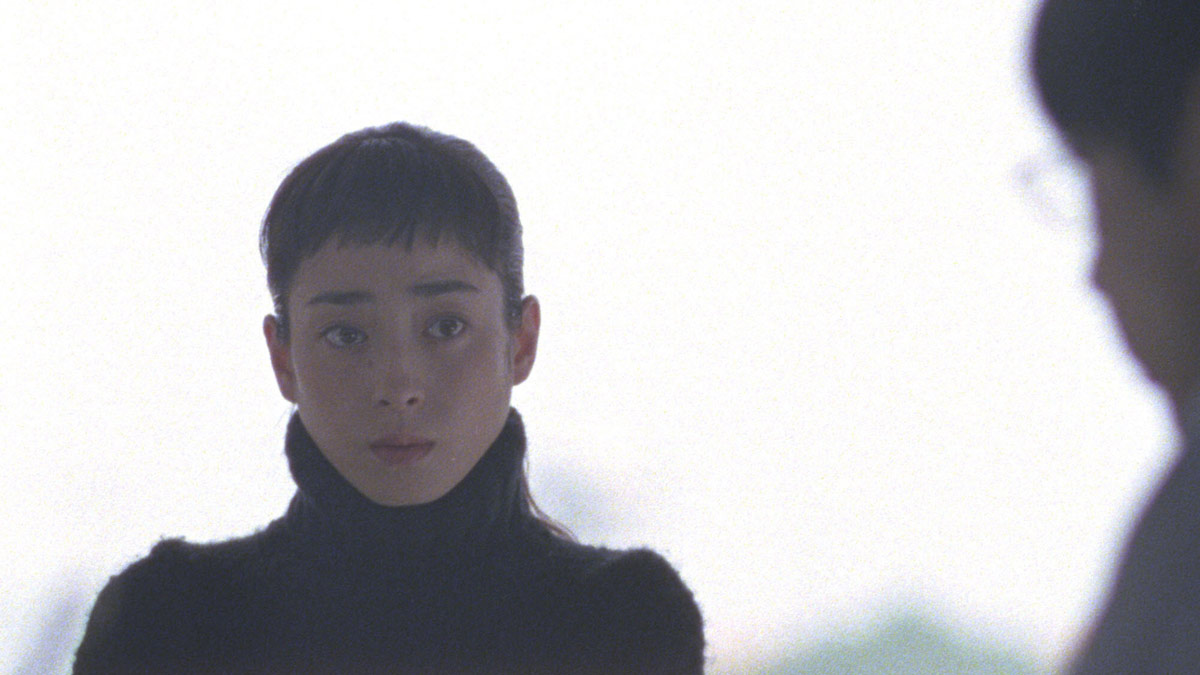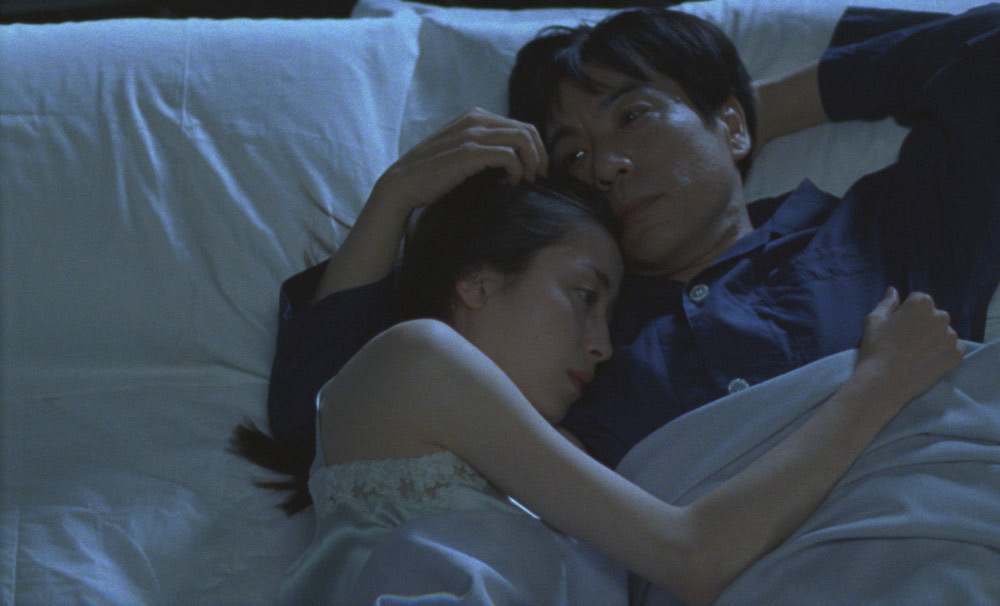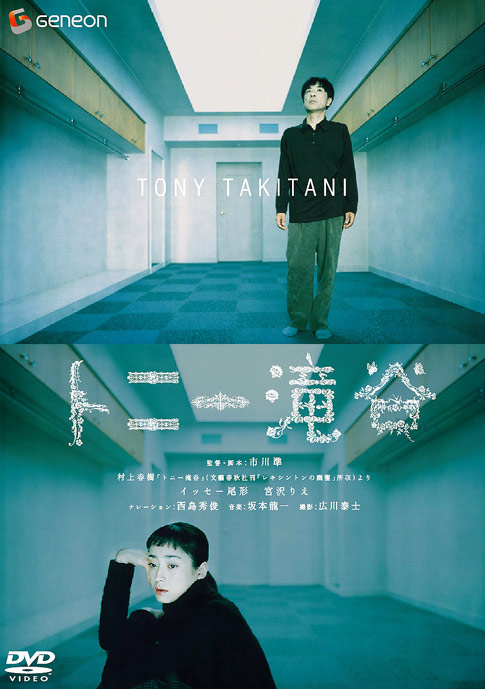
(c) Photofest / Getty Images
How did director Jun Ichikawa's masterpiece ``Tony Takitani'' express that special atmosphere?
2020.07.22
What is the “salvation” added by Director Ichikawa?
This work sublimates the special atmosphere of the original work into a video using a method that only Ichikawa Gumi can achieve, but that is not to say that everything is faithful to the original work. In particular, I must point out that the ending of this film contains a depiction unique to this film that is filled with director Ichikawa's thoughts.
In the book `` Jun Ichikawa, '' there is a passage where Issey Ogata says the following.
``Mr. Ichikawa showed the redeeming part that is not found in the novel in the form of an epilogue.Although it is Murakami's work, I think it became bigger and deeper as a movie.'' (*3)
Those words suddenly brought back memories from 15 years ago in my mind. At the time, when I spoke to Jun Ichikawa about this matter, the director did say that he felt sorry for Tony Takitani being left alone at the end of the original story, and that he intended this film to heal his feelings. He told me that he wanted the ending to reflect the presence of ``B-ko'' (played by Rie Miyazawa in two roles).

“Tony Takitani” (C)2005 WILCO Co., Ltd.
The ending is by no means clear and easy to understand, but it does arouse the viewer's imagination as to what happened inside Tony's heart. The lingering aftertaste is as if a door that was about to close has been opened and a breeze begins to blow gently. I think it was a very gentle depiction of the nature of wanting to be connected to someone once again in the depths of loneliness.
Director Ichikawa didn't stop at just visualizing Murakami's works, he went one step further and showed us a little bit of salvation. When I come into contact with ``Tony Takitani'' again after 15 years, I feel that his warm perspective on humanity becomes even more prominent and close to my heart.
At the same time, I was once again deeply reminded that all of the commercials and movies that director Ichikawa left behind from the Showa era to the Heisei era were carefully and lovingly woven into this aspect of ``connections between people.'' It is possible.
*3: Quoted from “Jun Ichikawa” p.108
Reference materials: “ Jun Ichikawa ” (Kawade Shobo Shinsha/2009), “ Hareta Ie ” (2005/Director: Masahiro Muramatsu)
Text: USHIZU ATSUNOBU
Born in Nagasaki in 1977. When he was 3 years old, he saw ``Superman II'' with his father and became fascinated with movies. After The Graduate from Meiji University, he worked for a movie broadcasting channel and then became a movie writer. Currently, in addition to writing for Eiga.com, EYESCREAM, Real Sound Movie Club, etc., he also contributes to media press and theater programs.

"Tony Takitani"
DVD: 3,800 yen + tax
Publisher: NBCUniversal Entertainment
(C)2005 WILCO Co., Ltd.
*Information as of July 2020.
(c) Photofest / Getty Images

